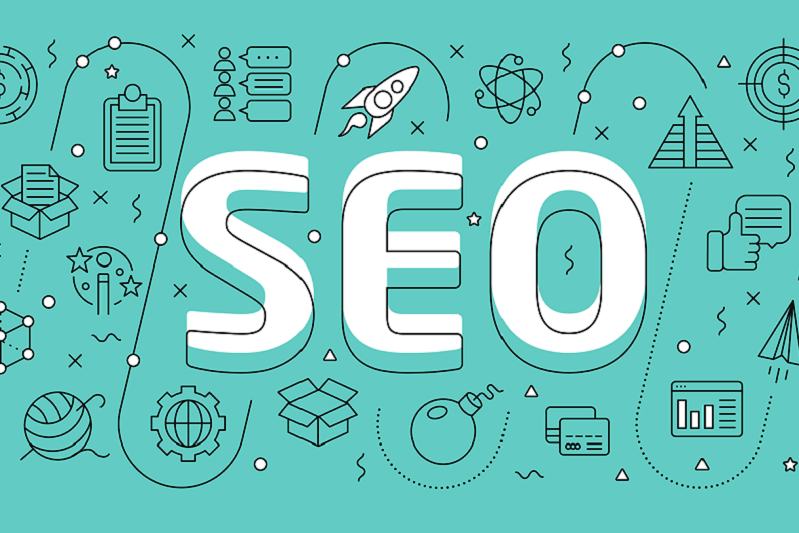Have you ever been to a doctor or spoken to a tradesperson who just talks in jargon? That habit can lead to poor communication, as well as leaving you feeling like you don’t understand what the expert is saying or what they are advising.
It’s the same in search engine optimisation. As a fairly new industry, the terms are not used in common language yet. And because SEO is highly specialised, it has developed it’s own array of terms, phrases and shorthand that its own experts understand.
But SEO isn’t just for experts. Businesses of all kinds rely on SEO to ensure that their services are placed well on Google search results. And even for businesses that want to get some professional help with their SEO for their website(s) it helps to know the terms so you can ask informed questions when you interview people or companies for the role.
We’ve collected some of the terms you should know right here and made the explanations simple and easy to grasp so you can get up to speed quickly.
‘Google My Business’ Listing – possibly one of the most important and cost effective things any business can do (if they haven’t already). This listing is free to all local businesses and allows businesses to be found more easily in search, to add their location, be found on Google Maps and add their opening hours and contact information so that when a customer searches for them by name, that information appears in the search results.
SERP – an abbreviation for ‘search engine results page’. This is what appears after you put a search term or question into the search bar and hit enter or search.
SERP snippets / featured snippets – alongside most SERP’s there are previews or variations of your search that might appear. These are designed to help searchers get the information they want more quickly. For example, if you were searching ‘session times for James Bond movie Sydney’ the SERP snippets might show you these times for any nearby cinemas.
Organic Search Results – these are the search results that appear on pages without the ‘ad’ tag next to them. Ad supported search results, or inorganic search results usually appear at the top of the page, and the business who places that ad has paid Google to appear there. Ranking highly on the organic search results page is usually the result of a strong search engine optimisation effort and a good website.
Local Pack – a variation of the SERP that shows three businesses as listings for searches that show intent to find a specific product or services such as ‘service station near me’.
Query – the words or phrase or question typed into the search bar.
Traffic – the name for the visits to your website.
Webmaster guidelines – the ‘blueprints’ published by Google. These are designed to help the owners of websites create stronger websites that will rank better on Google.
